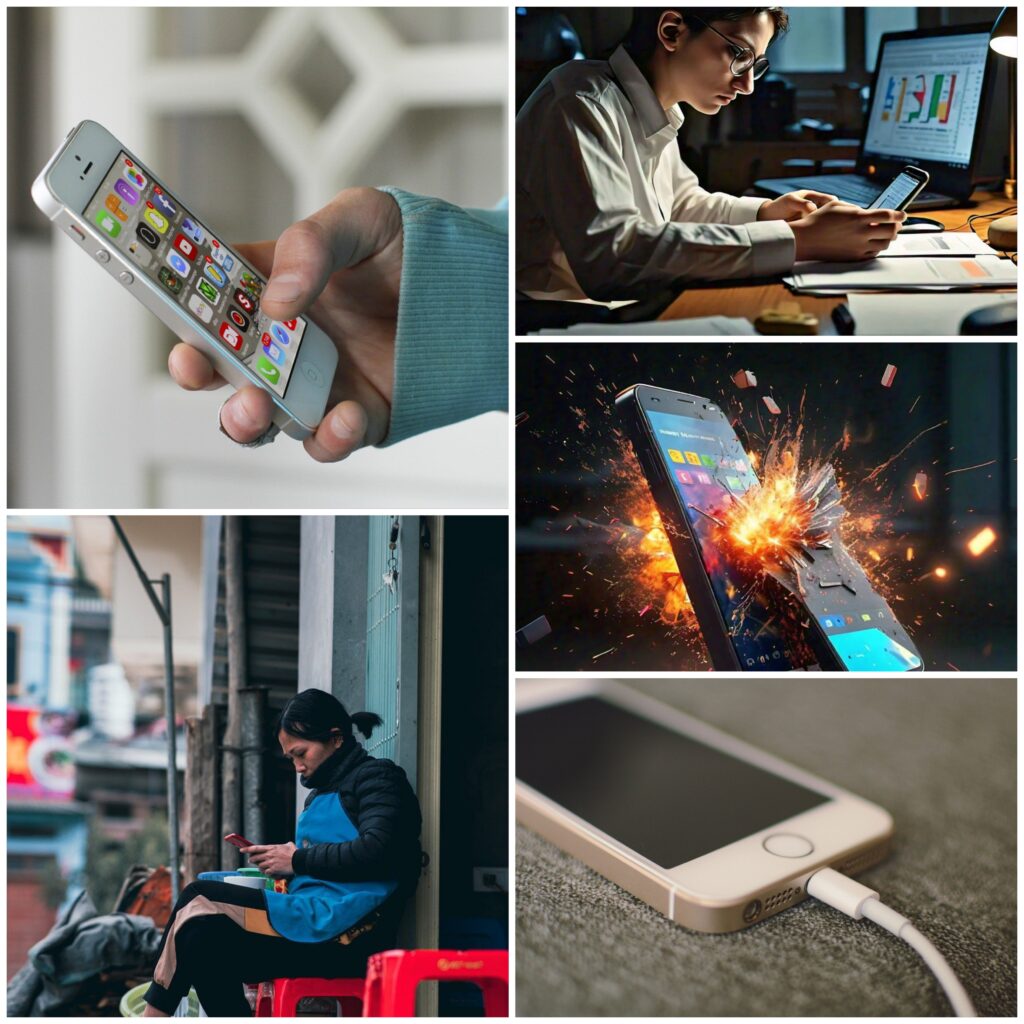
In today’s digital age, mobile phones are indispensable, connecting us to the world and enhancing our daily lives in numerous ways. Despite their ubiquitous presence and the benefits they bring, several myths and misconceptions about mobile phones persist, often causing unnecessary fear and confusion. From concerns about health risks to misunderstandings about device functionality, these myths can influence how we use and perceive our smartphones.
In this article, we aim to debunk some of the most common myths surrounding mobile phones. By separating fact from fiction, we can make informed decisions about our mobile phone usage, ensuring that we maximise the benefits while minimising any potential risks.
Our goal is to provide clarity and understanding, empowering users to enjoy their mobile devices safely and responsibly. Let’s delve into these myths and uncover the truth behind the modern technology myth of mobile phones.
1. Do Mobile Phones Cause Cancer?

A prevalent myth is that mobile phones cause cancer. However, extensive research by the World Health Organization (WHO) and other health authorities has found no conclusive evidence linking mobile phone use to cancer. The radiofrequency energy emitted by mobile phones is non-ionizing and lacks the potency to cause DNA damage, which is necessary for cancer to develop. While long-term studies are ongoing, current evidence suggests that typical mobile phone use is safe and does not increase cancer risk.
2. Do Mobile Phones Explode Easily?
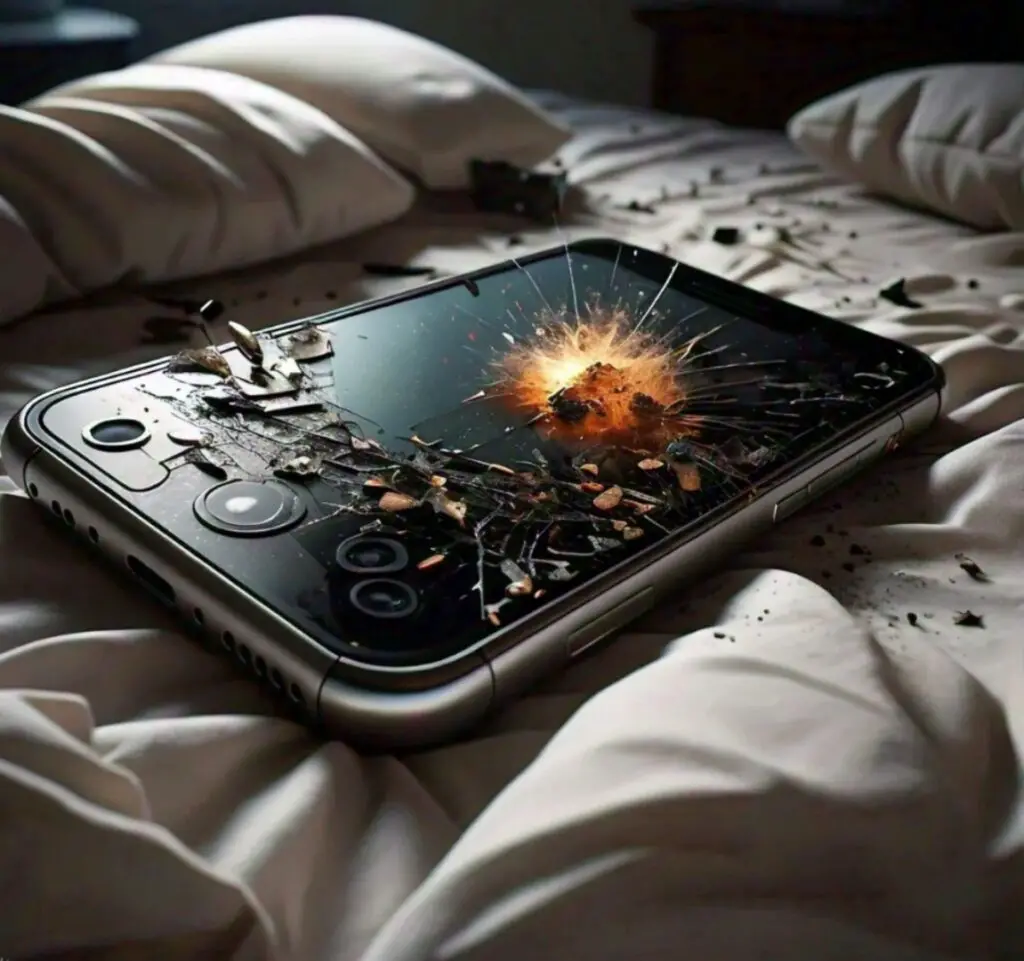
Instances of mobile phones exploding are extremely rare and are usually due to faulty batteries or misuse, such as using unauthorized chargers. Modern phones undergo rigorous safety testing to ensure they are safe under normal usage conditions. To prevent such incidents, it’s crucial to use original batteries and chargers and avoid exposing phones to extreme temperatures.
3. Does Blue Light from Phones Cause Permanent Eye Damage?
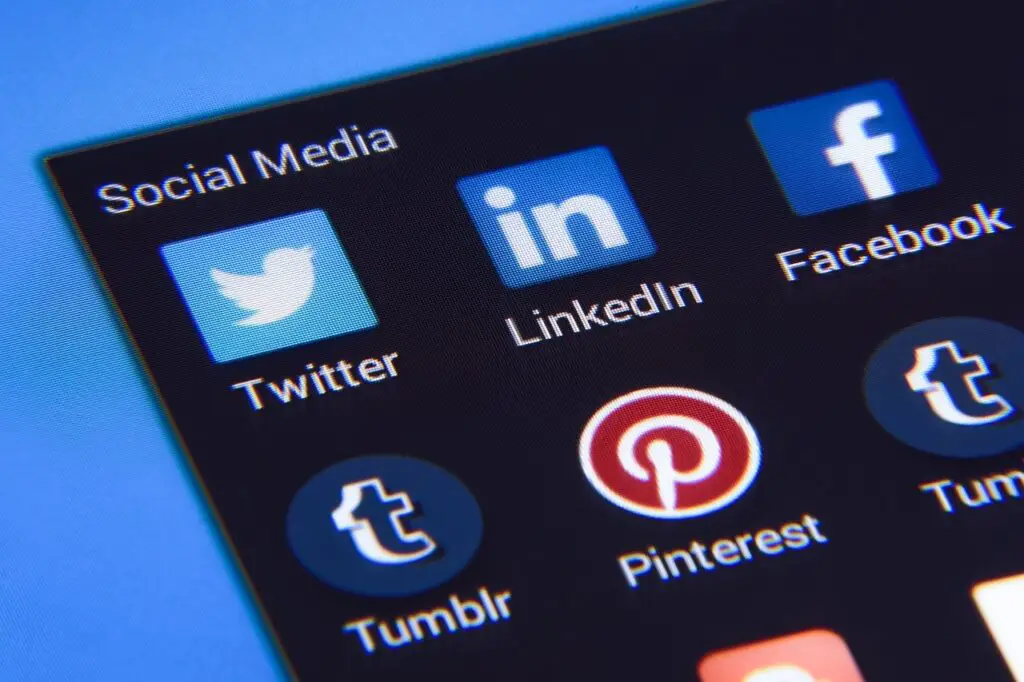
While blue light from phone screens can lead to eye strain and may disrupt sleep patterns, there is no strong evidence to suggest it causes permanent eye damage. Eye strain, also known as digital eye strain or computer vision syndrome, can be mitigated by using blue light filters, taking regular breaks, and reducing screen time before bed. Following the 20-20-20 rule—looking at something 20 feet away for 20 seconds every 20 minutes—can also help alleviate eye strain.
4. Do Mobile Phones Lower IQ?

The myth that mobile phones directly lower IQ stems from concerns about distractions and reduced attention spans. While excessive phone use can impact focus and productivity, there is no scientific evidence that mobile phones cause a decline in IQ. Managing screen time and using phones responsibly can help maintain cognitive functions and productivity levels.
5. Can Mobile Phones Fry Your Brain?
The notion that mobile phones can “fry” your brain is exaggerated. Mobile phones emit low levels of non-ionizing radiation, which is not strong enough to cause thermal damage or “fry” brain tissues. Regulatory agencies, including the Federal Communications Commission (FCC), set limits on radiofrequency energy exposure to ensure safety for consumers.
6. Can Using Mobile Phones at Gas Stations Cause Explosions?

The myth that mobile phones can cause explosions at gas stations has been largely debunked. No documented evidence supports this claim. The risk of explosions at gas stations is more closely associated with static electricity than mobile phone use. Nonetheless, following safety guidelines and avoiding distractions while refueling is always advisable.
7. Do Mobile Phones Interfere with Aircraft Systems?
Airlines often request passengers to turn off their devices or switch them to airplane mode during flights. While modern aircraft are designed to withstand potential interference, this precaution minimizes the risk of any possible disruption to navigation and communication systems. The primary concern is to avoid distractions during critical phases of flight, such as takeoff and landing.
8. Are Mobile Phones Completely Secure?
No mobile phone is entirely immune to hacking or security breaches. Mobile phones, like any other connected device, can be vulnerable to various security threats. Users should take steps to secure their devices, such as using strong passwords, enabling two-factor authentication, and regularly updating software to patch security vulnerabilities. Awareness and vigilance are key to maintaining mobile phone security.
9. Do Mobile Phones Make You More Connected?

While mobile phones facilitate communication and connectivity, they can also lead to superficial connections and reduce face-to-face interactions. Over-reliance on mobile devices may contribute to social isolation and reduced quality of interpersonal relationships. Balancing online interactions with in-person communication is essential for maintaining healthy relationships and social well-being.
10. Does More Bars Mean Better Service?
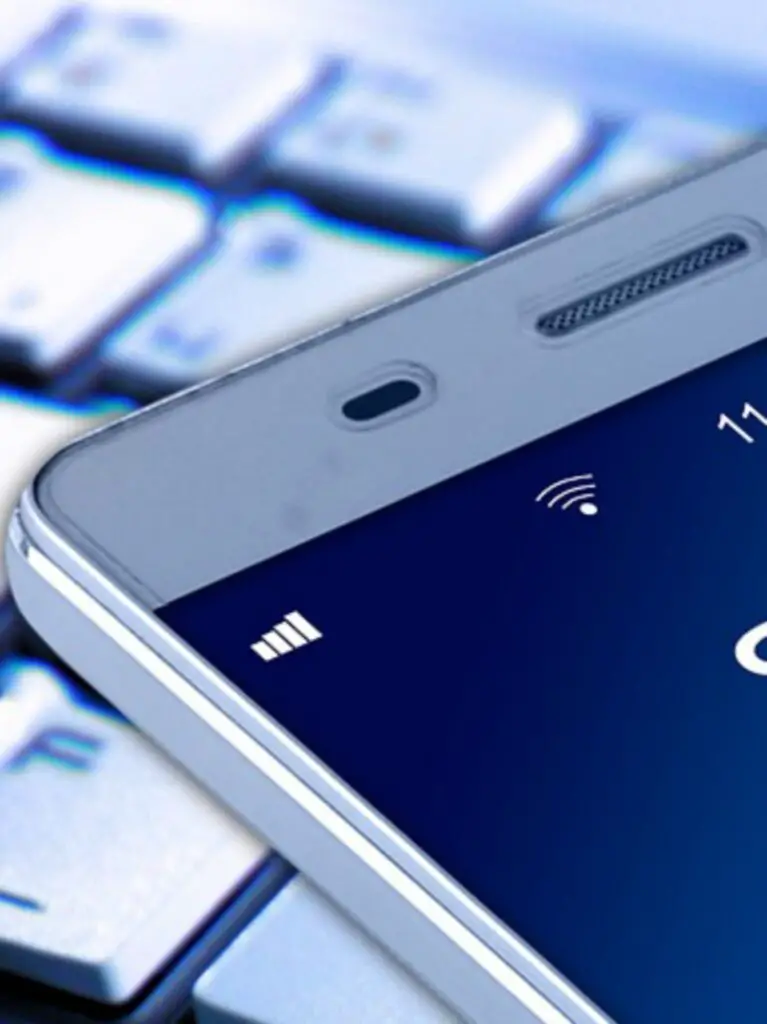
The number of signal bars on your phone indicates signal strength, but it does not necessarily guarantee better service. Factors such as network congestion, the quality of your phone’s antenna, and the type of network technology being used (e.g., 4G, 5G) also significantly impact service quality. Therefore, having more bars does not always equate to a better user experience.
11. Does Charging Overnight Damage the Battery?
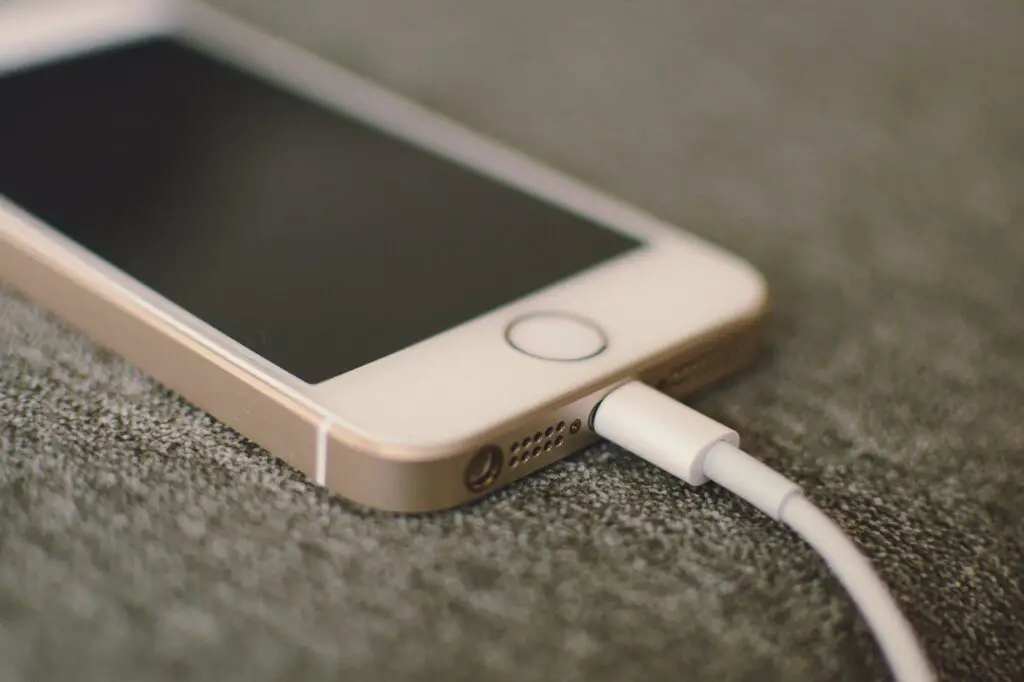
Modern smartphones are designed with built-in protections to prevent overcharging. While it’s true that batteries degrade over time, charging overnight does not significantly accelerate this process due to these safeguards. The phone’s battery management system stops charging once it reaches 100%, ensuring the battery remains in good health.
12. Do Apps Need to Be Closed to Save Battery Life?
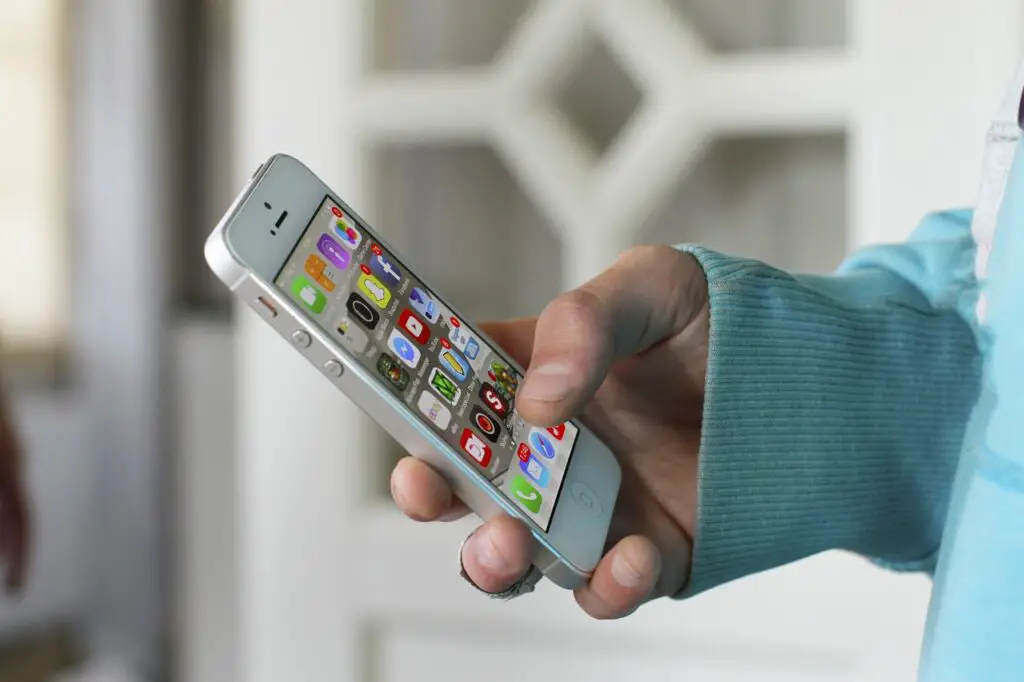
On most modern smartphones, background apps do not significantly drain battery life. In fact, constantly closing and reopening apps can consume more power. The phone’s operating system efficiently manages background processes to optimize performance and battery life. Users can conserve battery by adjusting settings like screen brightness and turning off unnecessary notifications.
Conclusion
Understanding the myths surrounding mobile phones helps users make informed decisions about their device usage. By debunking these misconceptions, we can alleviate unnecessary fears and promote healthier, more responsible use of mobile technology.
Mobile phones, when used appropriately, offer immense benefits, from enhancing communication and productivity to providing entertainment and access to information. Awareness and education are key to navigating the digital age with confidence and security.
Additional Tips for Mobile Phone Safety and Optimization
1. Regular Software Updates: Keeping your phone’s software up to date ensures you have the latest security patches and performance improvements.
2. Use Strong Passwords and Biometric Security: Enhance your phone’s security by using strong passwords, fingerprint recognition, or facial recognition.
3. Manage Screen Time: Set limits on screen time to reduce eye strain and improve productivity. Many phones have built-in tools to help manage usage.
4. Invest in Quality Accessories: Use original or certified chargers and accessories to avoid potential safety hazards.
5. Backup Your Data: Regularly backup important data to prevent loss in case of device failure or theft.
6. Educate Yourself About Privacy Settings: Review and adjust your phone’s privacy settings to control which apps can access your personal information.
By following these guidelines and debunking myths, users can optimize their mobile phone experience while maintaining safety and security.